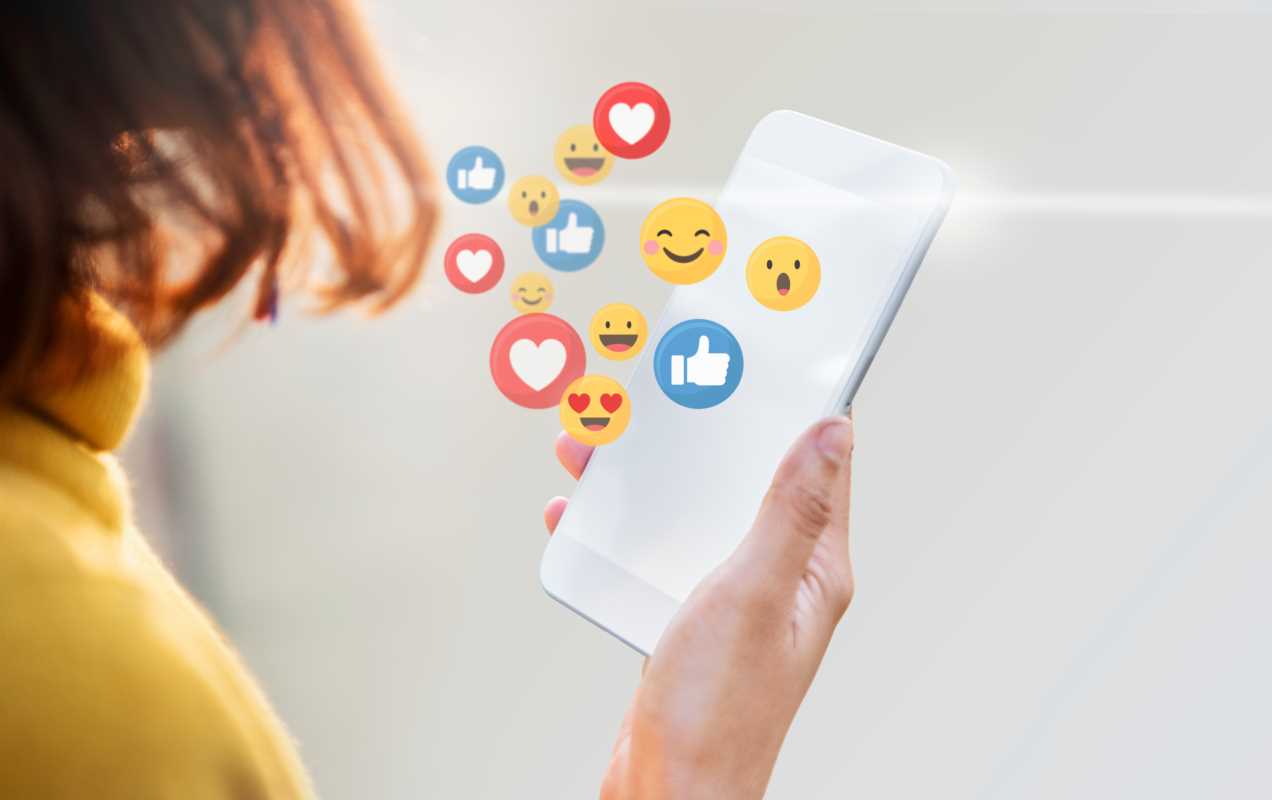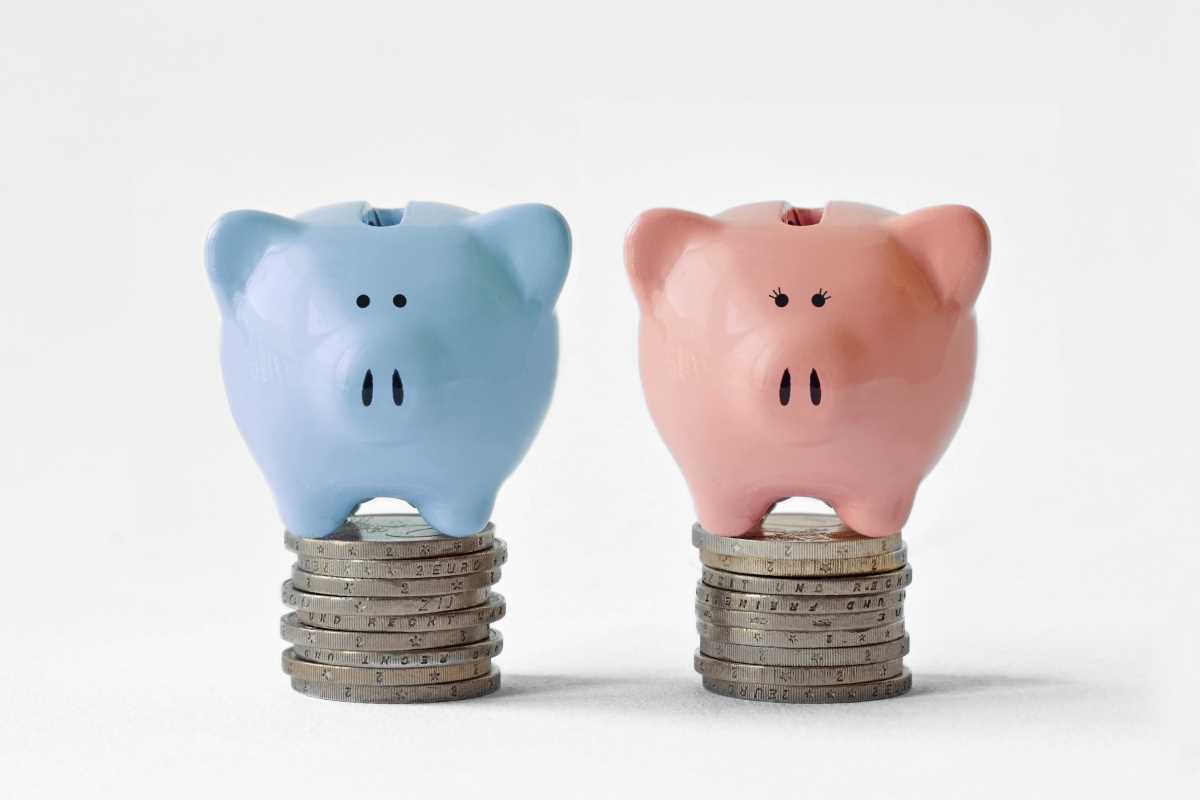If you’ve spent even a few minutes online, chances are you’ve come across a meme that made you laugh, nod in agreement, or maybe even reflect on a deeper issue. Memes, those often simple images paired with witty text, have transformed from just humor-filled internet moments into something more impactful. They’re not just ways to entertain; they’ve become tools for expressing opinions, sparking discussions, and critiquing society. Essentially, they’re a modern form of expression that allows people to blend comedy with commentary. But how did this happen? How have these digital jokes become powerful vehicles of social commentary?
Stick around because we’re breaking it all down. From dissecting famous memes to understanding their societal impact, we’re exploring how these bite-sized pieces of internet culture do more than amuse – they make us think.
What Exactly Are Memes?
Before we talk about memes as tools of social commentary, it’s important to understand what exactly they are. The term “meme” was first introduced by Richard Dawkins in his 1976 book, The Selfish Gene. He used it to describe how ideas spread from person to person, much like genes in biology. Fast forward to today, and memes have taken on a whole new meaning.
Modern internet memes are essentially an idea, a joke, or a concept that spreads widely online, often appearing in the form of images, videos, or text. When you see a picture of a grumpy cat, a SpongeBob quote, or someone saying “This is fine” while sitting in a burning room, you’re looking at a meme.
The main reason memes are so popular is their ability to evolve. People constantly remix, remix, and remix again, giving memes new meanings and making them relatable to different contexts.
Memes as Mirrors of Society
If memes were just funny pictures, they’d be harmless distractions. But their influence reaches deeper. Memes have become a way for people to comment on the world they live in, often reflecting society's feelings on political events, cultural trends, or pressing social issues.
Simplifying Complex Ideas
One reason memes are so effective in social commentary is their ability to condense complex ideas into simple, relatable formats. Think about how many people understood or paid attention to the term “late-stage capitalism” before the meme about absurd luxury products with captions like “Capitalism be like…” started circulating. Suddenly, jokes about diamond-encrusted pizzas became a way to highlight wealth inequality and consumerism.
Memes make even heavy topics digestible by using humor and imagery. The humor acts like a spoonful of sugar, helping tough topics go down more easily.
Giving the Underdogs a Voice
Memes are often credited with giving everyday people a voice in conversations that are typically dominated by powerful institutions. A politician might create a polished campaign ad, but the internet might respond with memes offering unfiltered opinions about it.
For example, during the 2020 U.S. presidential election, memes critically analyzed speeches, advertised voter registration, and even simplified complex policy points. A single meme image could spark larger discussions about integrity, policy issues, or even age dynamics in politics.
In this way, memes level the playing field, giving people the tools to communicate their thoughts creatively without the need for big platforms.
Famous Memes That Made Statements
To better understand how memes have voiced social commentary, let's explore a few famous examples that captured the internet’s attention and left an impact.
1. “Distracted Boyfriend”
It started as a stock photo of a man looking at another woman while his girlfriend stares at him, annoyed. Soon, people began adding their own text over the image. While it initially offered lighthearted jokes, it later evolved into a way to discuss more serious topics, like corporate greed or our struggle with short attention spans in a digital world.
Why does this meme work so well? It’s highly adaptable. By filling in the blanks with different labels, people could use it to comment on anything, from environmental issues to pop culture trends.
2. “This is Fine” (Burning Dog Meme)
This meme, featuring a dog sitting calmly in a burning room, became an instant classic. It humorously captures the feeling of pretending everything’s okay when it’s definitely not. Over time, it became connected to conversations about climate change denial, political indifference, and even personal mental health struggles.
The strength of this meme lies in its relatability. We’ve all faced situations where ignoring the problem felt easier than addressing it.
3. Bernie Sanders and His Mittens
Remember when a photo of Bernie Sanders bundled up at the 2021 inauguration became a meme? His pose, complete with mittens and a folded-arm posture, turned into more than just a funny image. People used it to highlight everything from the absurdity of billion-dollar campaigns to the importance of staying warm during protests.
This meme worked because it balanced humor with relatability. At its core, it felt human, and people connected with its down-to-earth simplicity.
The Power of Humor and Virality
Memes thrive because they’re funny, broad-reaching, and easy to share. Platforms like Twitter, Instagram, and Reddit ensure that a meme can travel from one person’s phone to millions of others in just a few clicks. That level of virality makes memes potent tools for advocacy and activism.
When people relate to a meme, they share it. With each share, its reach and message grow, creating a chain reaction. For instance, memes about racial inequality following the Black Lives Matter protests in 2020 spread wide enough to spark global conversations. They helped amplify voices and drove action, whether through signing petitions, attending protests, or donating to organizations.
The Darker Side of Memes
Of course, not all memes promote thoughtful social commentary. Some perpetuate harmful stereotypes, misinformation, or hate speech. Because they exist in an unregulated space, memes can also be weaponized.
For example, during political campaigns, “fake news” memes have been used to manipulate public opinions by spreading misinformation disguised as humor. Memes can also trivialize serious issues, which sometimes leads to criticism about whether they’re making light of important topics.
The key takeaway is that memes are tools, and like any tool, their impact depends on how they’re used.
 (Image via
(Image via





